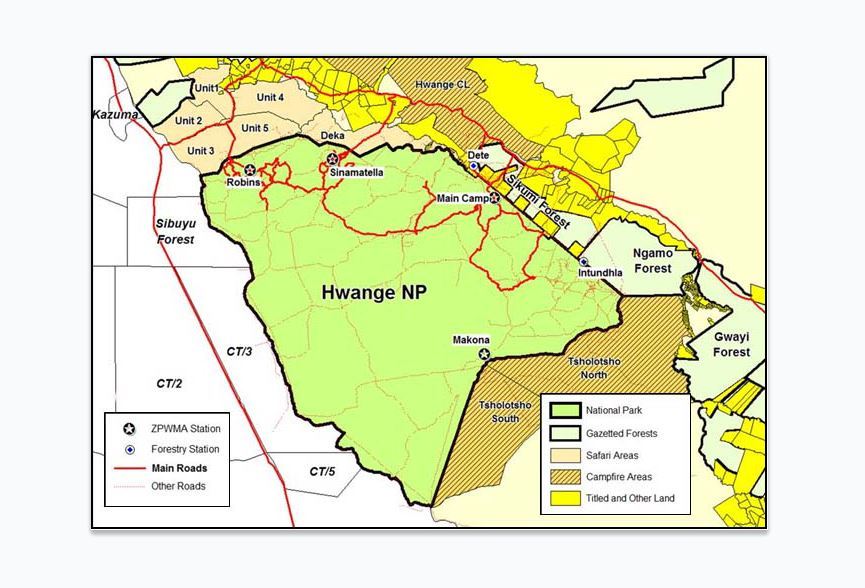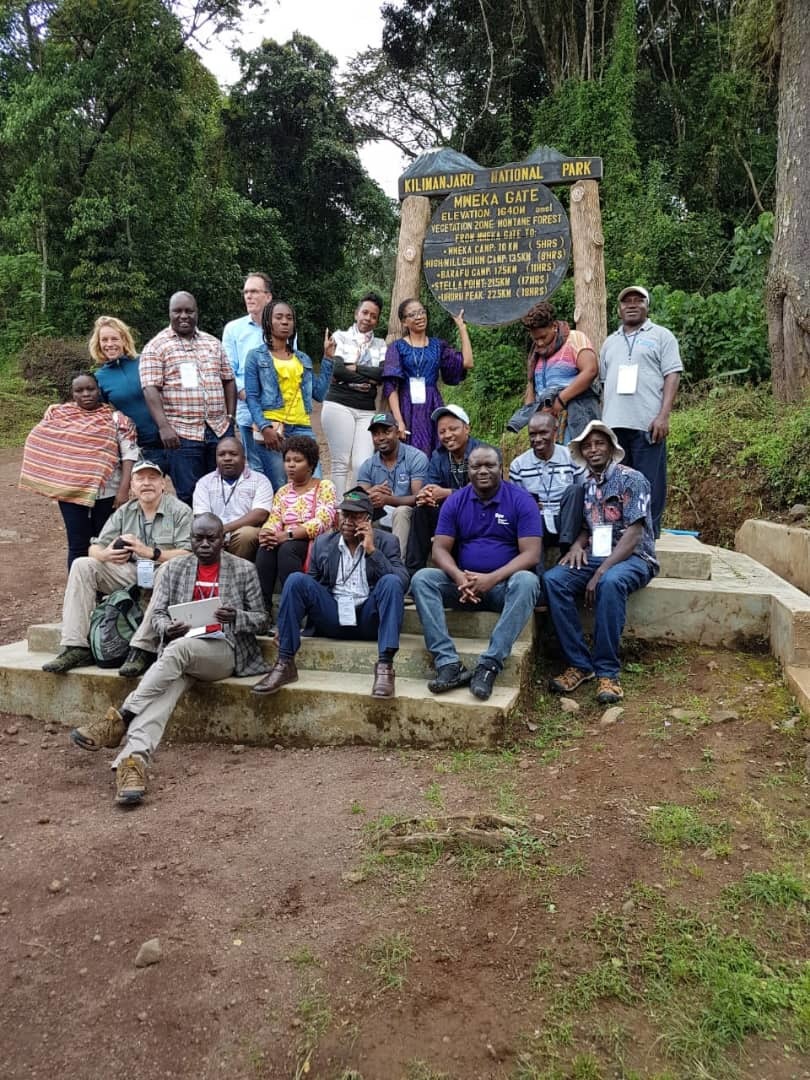Strengthening community support for law enforcement and anti-poaching efforts - East Africa
Local communities play a vital role in the fight against wildlife crimelinking conservation delivery with locally-led landscape-level sustainable development in Africa
linking conservation delivery with locally-led landscape-level sustainable development in Africa
Throughout sub-Saharan Africa, natural resources remain vital to indigenous people and local communities’ livelihoods. Their tradition, culture, values, and practices shape their relationships and systems of resource use across the landscape. It is crucial to tap into this rich indigenous knowledge through a more devolved conservation delivery model that puts people at the heart of conservation. Community engagement and strengthening grassroots capacity for locally-led landscape-level sustainable rural development is central for us to realise this dream.
This message was reinforced at the African Landscapes Dialogue meeting, held in Arusha, Tanzania earlier this month , under the auspices of The Landscapes for People, Food and Nature (LPFN) Initiative. A total of 155 participates drawn from 19 African countries, Europe and the United States of America attended the workshop. Key thematic areas on the agenda that resonate and align with IFAW work and approach include wildlife and biodiversity, convening and governance, climate-smart planning and policy, finance and investment, youth and gender in integrated landscape management. Many questions and concerns arose during discussions on how to balance food production, nature conservation and sustainable livelihoods for broader sustainable development in Africa. The engagement and discussions made me ponder on the complexities of landscape management and why collaboration, knowledge sharing, dialogue and smart partnerships are important for IFAW to deliver on sustainable action that supports integrated landscape management.
Our recent partnership with Zimbabwe Parks and Wildlife Authority (ZimParks) as outlined in a Memorandum of Understanding will support and strengthen locally accountable institutions for natural resource use and management, enabling local communities to make better decisions about the use of wildlife and other natural resources in the landscape. This inclusive incentive-based conservation and development approach will bring sustainability to our work by empowering local communities to participate in natural resources management.
In this partnership, IFAW will focus on the North West Zimbabwe Protected Area complex anchored around the Zambezi and Victoria National Parks designated UNESCO Natural World Heritage Site, the 14,000 km2 Hwange National Park, and other land units including the Matetsi Safari Area complex and adjoining CAMPFIRE communities. The Hwange-Matetsi-Zambezi Elephant Landscape (HAMELA) is endowed with rich biodiversity with over 53,000 elephants and at least 600 lions roaming freely in the landscape. The protected area shares its long boundaries with local communities in the rural districts of Hwange and Tsholotsho.

The landscape is characterised by low productivity due to low rainfall and poor soils. Communities in buffer areas have high poverty levels and heavily rely on natural resources for survival. Due to habitat fragmentation, encounters between wildlife and people are frequent during movements across communal land and the protected areas. This human-wildlife interface is not always harmonious with increasing human-wildlife conflict resulting in crop damage, livestock killing, and loss of property and in some instances loss of human life. Given such socio-ecological complexities, IFAW endeavours to promote climate-smart landscapes that enhance communities' resilience and enhance resource use efficiency for conservation impact at scale.
Our landscape investment and finance in partnership with ZimParks and other actors will create community-level incentives for good natural resources stewardship and bring marginalised people who live with and directly depend on natural resources at the centre of our programme interventions. Synergies and coalitions need to be established and nurtured to de-risk landscape portfolios, enhance coordination and take our solutions to scale. The role of the private sector in providing both asset and enabling investment is critical for sustainable integrated landscape management.
Given the foregoing, it is clear IFAW has a niche and relevant role to play within “The Landscapes for People, Food and Nature Initiative” and its engagement forum, the African Landscapes Dialogue to champion and action investments that support and promote integrated landscape management. IFAW has already started community engagements in various landscapes across Africa, providing youth and women with employment opportunities and skills transfer. In Zimbabwe our local partner, Wild is Life has championed locally-led landscape development at the Panda Masuie Rehabilitation and Release centre, supporting a local school and providing veterinary services to community livestock in Woodlands Estate. IFAW intends to scale up and expand such engagements as part of the bigger vision within our priority landscapes.
It is envisaged such collaborative management will open new opportunities to allow communities to better manage their natural resources and contribute to viable and ecologically connected and functional elephant populations in Africa.
-Phillip Kuvawoga
IFAW Programme Director, Landscape Conservation

Related content
Our work can’t get done without you. Please give what you can to help animals thrive.